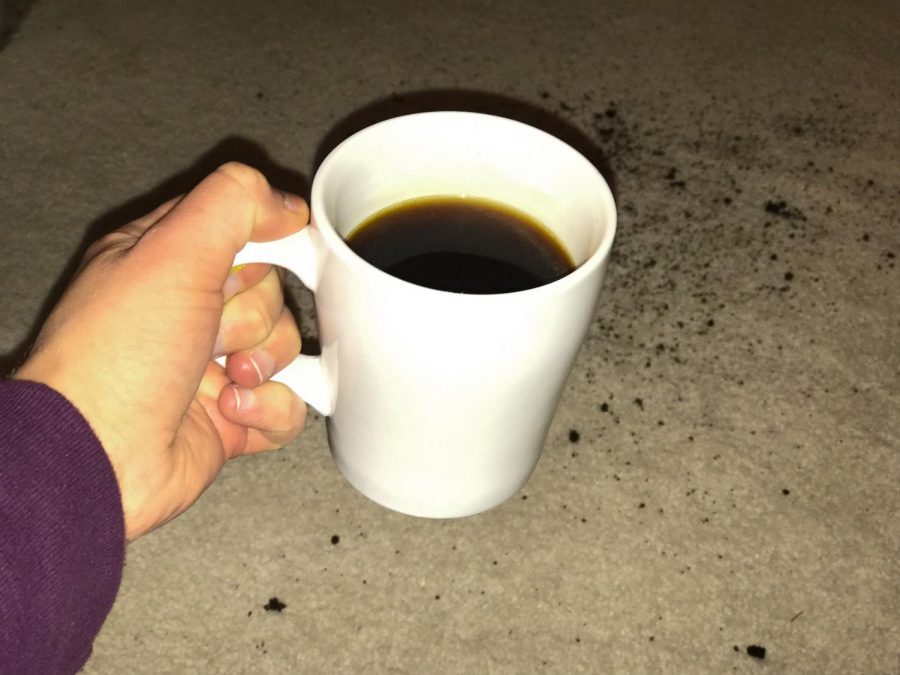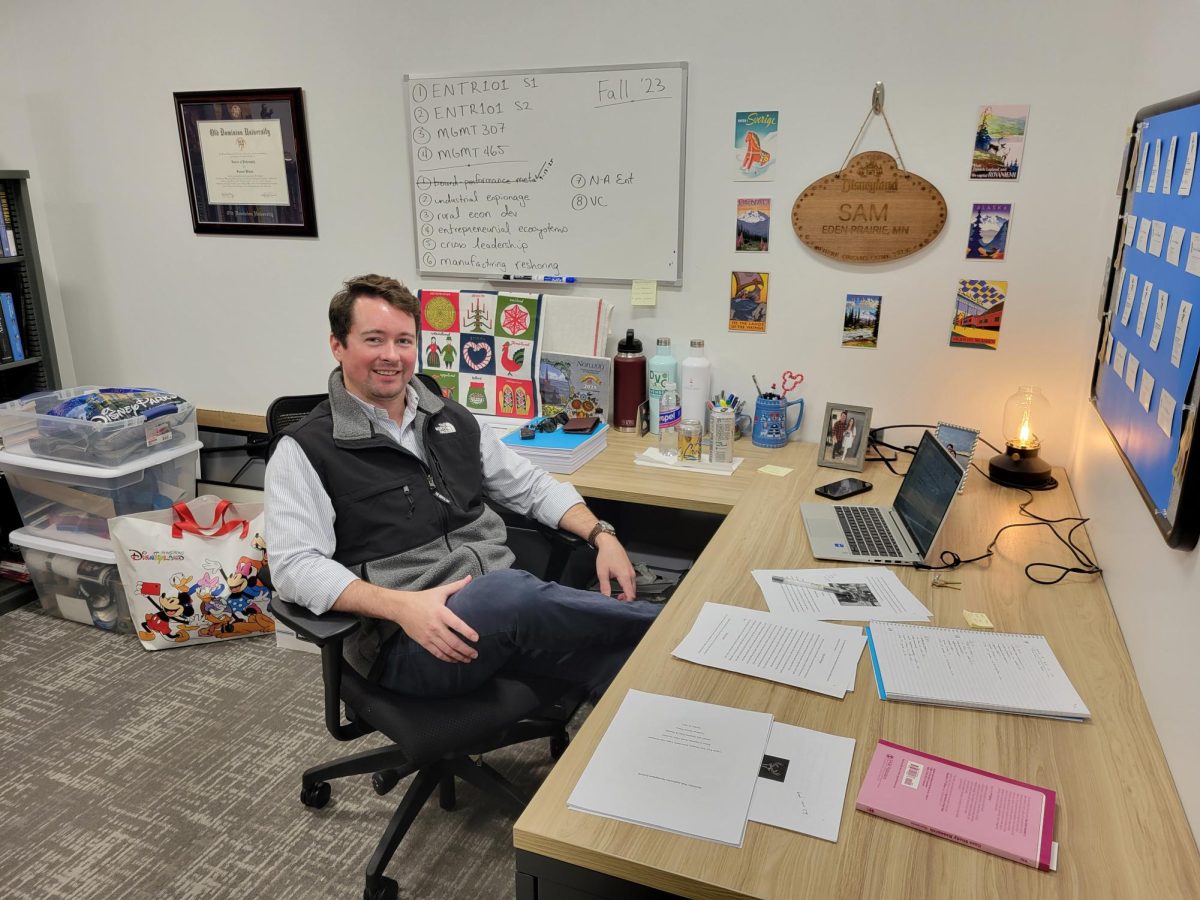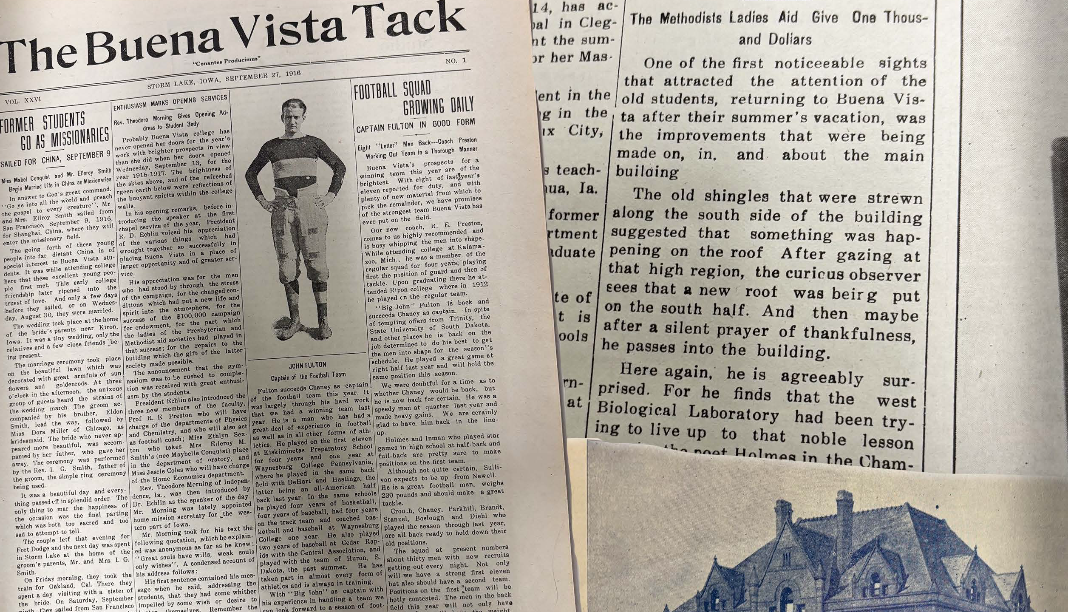Caffeine is a Drug
March 13, 2019
With the late nights and the busy schedules of most full-time college students, many turn to the expensive relief of caffeinated beverages. Coffee shops on almost every college campus, energy drinks, caffeinated sodas being sold at convenience stores and designated grocery aisles all mean that caffeine is easily accessed by energy-deprived college students, providing a quick and easy escape.
According to the Alcohol and Drug Foundation, caffeine is considered a stimulant drug, and when consumed in large quantities at an alarming rate it can have negative health consequences and create long-term addiction.
Alyssa Donnelly, a senior strategic publications relations major and barista of 6 years, recently gave up caffeine to live a healthier lifestyle.
“At my worst, I probably drank 3-5 espresso drinks a day, which was probably about 8-10 shots of espresso,” said Donnelly. “It started getting to the point where if I didn’t have my coffee by a certain point in the day, I would shake really bad and my eyes would twitch.”
According to the U.S. Food and Drug Administration, “For healthy adults, the FDA has cited 400 milligrams a day—that’s about four or five cups of coffee—as an amount not generally associated with dangerous, negative effects. However, there is wide variation in both how sensitive people are to the effects of caffeine and how fast they metabolize it (break it down). The FDA has not set a level for children, but the American Academy of Pediatrics discourages the consumption of caffeine and other stimulants by children and adolescents.”
Many people struggle with their caffeine addiction, and due to the side effects of going through a withdrawal of caffeine people often times don’t quit. However, with alternative drinks that offer a small amount of caffeine it can become easier for college students to ease off their addiction and learn to limit their caffeine intake.
“What I started doing was giving up caffeine four to five days a week. So now, I only get coffee two to three times a week,” Donnelly shared. “If students are struggling to minimize their caffeine intake, then I would suggest alternating between decaf and caffeine, and then slowly start to drink more decaf than caffeine as the week processes.”
With the stress that accompanies the life of all college students, many turn to caffeine to relieve their drowsiness and low-energy days that come after late nights. Caffeine is an important part in the lives of many college students. There are some alternatives to high caffeinated beverages; however, it takes the persistence and the desire for a healthier life to become free of any addiction.









